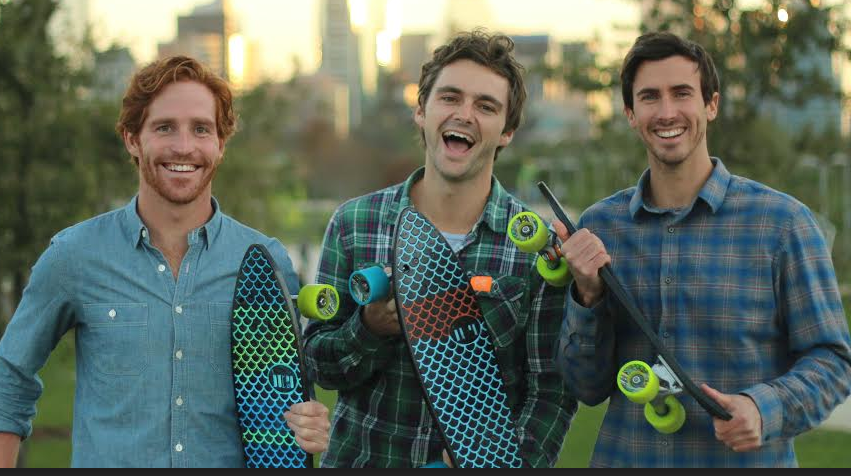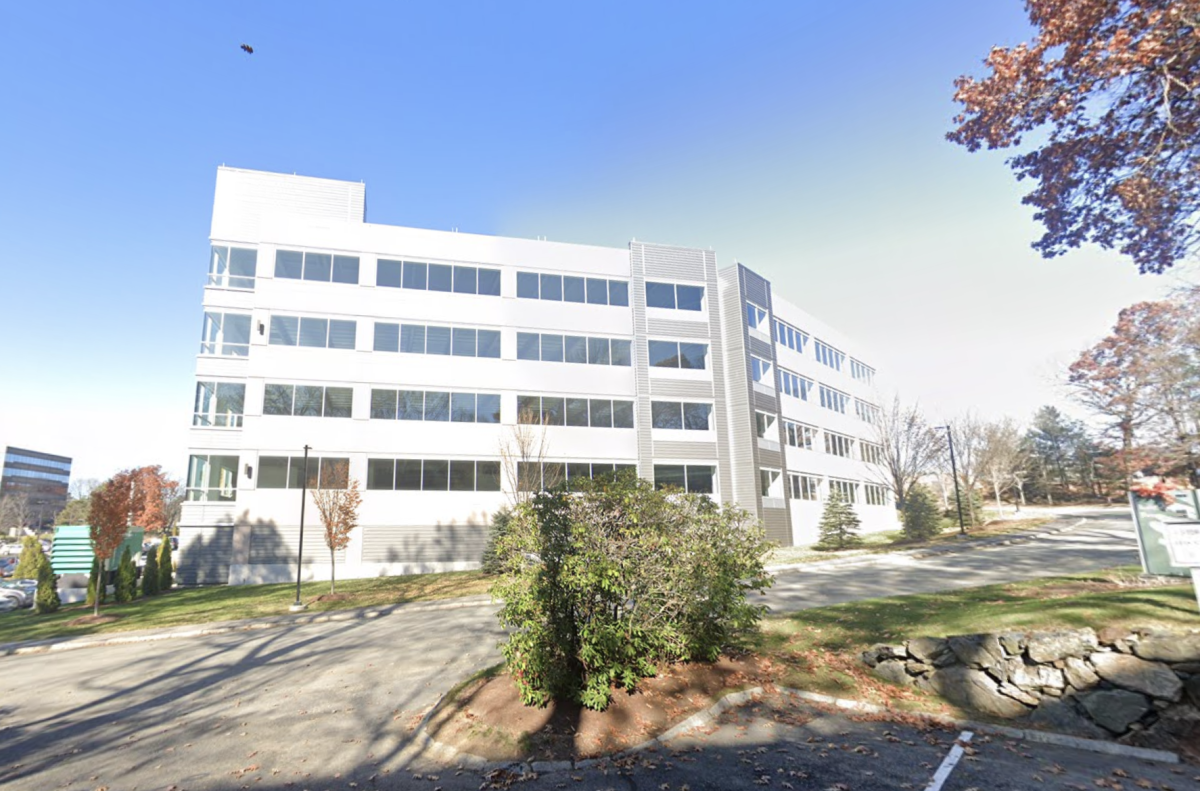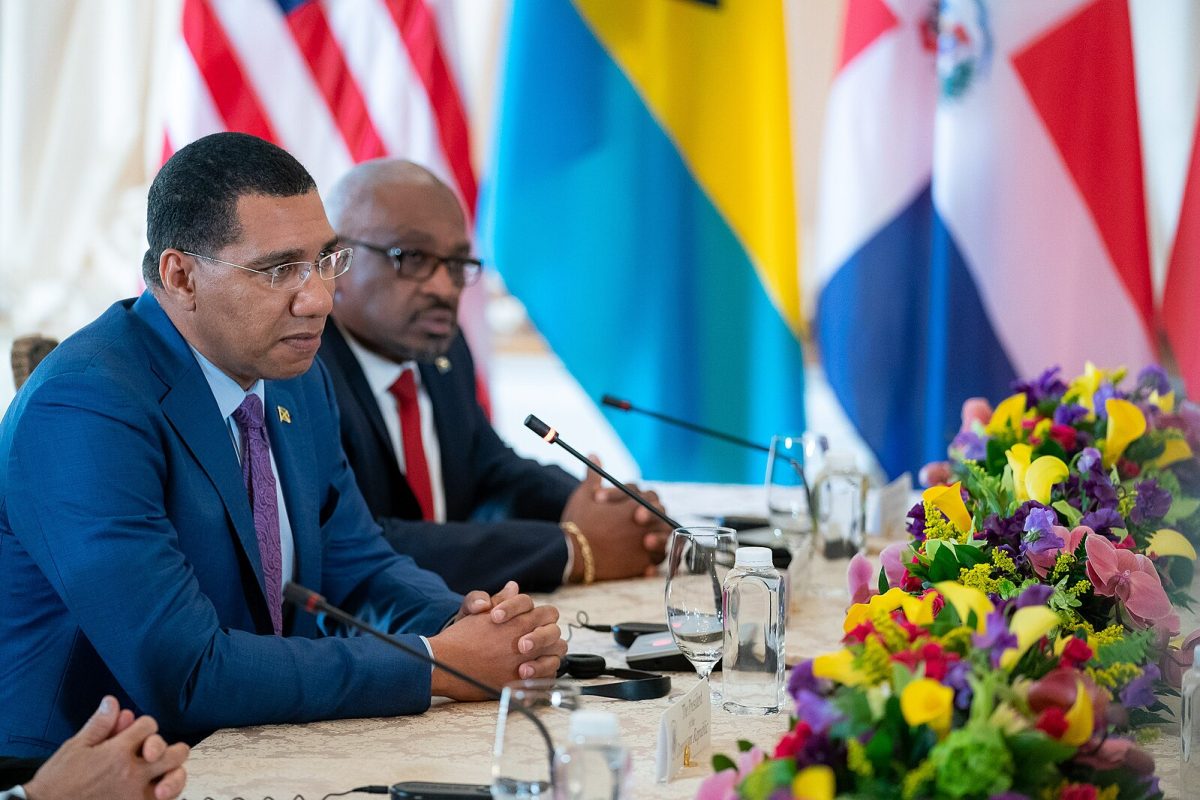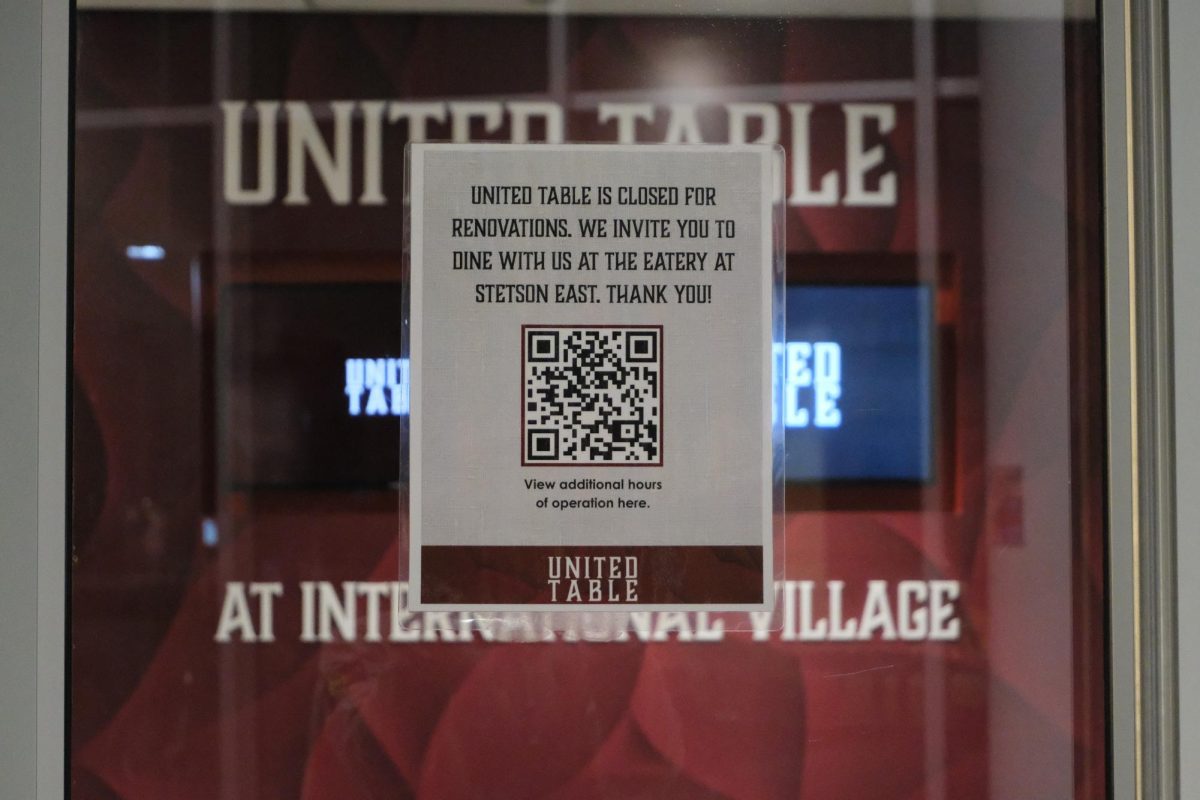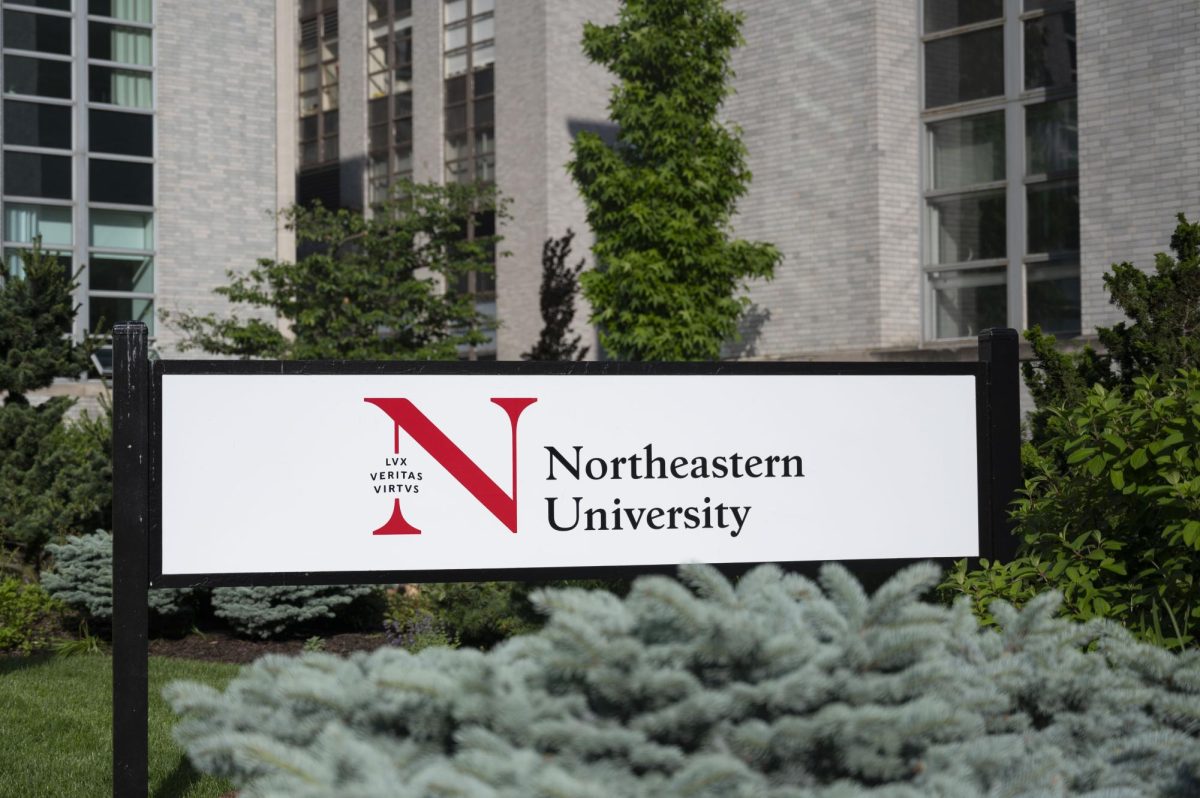By Julia Barnes, news correspondent
As plastic pollution continues to plague the oceans, the Bureo Skateboard Company is using innovative strategies to clean up the world’s waters.
Founded in 2013 by Ben Kneppers, a 2007 graduate of Northeastern’s College of Engineering, David Stover and Kevin Ahearn, the company specializes in finding sustainable solutions to ocean pollution. Last year, the team launched Net Positiva, a project that manufactures discarded fishnets left on the Chilean coastline into skateboards.
“For us we thought that making a skateboard out of this material would bring a positive light,” Kneppers said.
Kneppers said he and his co-founders created this company to raise awareness – especially among children – and show how plastic can be used as a valuable resource, not simply left as waste.
Known as “the Minnow,” the boards are made out of 2.2 pounds of nylon weave fishing nets. 30 square feet of fishing nets are used to make each deck. After the nets have been collected from fishing ports, Bureo pays for them by the kilogram and delivers them to a recycling and manufacturing facility in Santiago, Chile. Machines shred the nets into smaller fibers, spin them and then re-pelletize them. Once the skateboard decks have been molded, they are shipped to Southern California for final assembly and distribution from Bureo headquarters.
In an email to The News, Greg Swienton, who works in Bureo’s sales and marketing department, said the company has collected and recycled over 10 tons of fishnet waste – including those found in landfills, in the ocean and burned on the beach. A second skateboard model is in the works.
While skateboard manufacturing is an important aspect of the company, a larger goal exists.
“The deeper mission is that we’re more than just becoming another skateboard company, but that we’re focused on finding more solutions to the growing problem of ocean plastic pollution,” Kneppers said.
Experts say that ocean plastic pollution has already made a lasting impression. Scientists have recently discussed the dawning of a new era: the anthropocene period. Recently in an interview with WGBH News, science editor Heather Goldstone went into further detail about the “epoch of man.”
She explained that human impact on earth has been so monumental that the International Commission on Stratography is proposing to give this period a formal name.
According to biologicaldiversity.org, 40 percent of the world’s ocean surfaces are composed of plastic. Fishnets make up 10 percent of ocean plastic pollution, according to Bureoskateboards.com. This waste can entangle and accidentally be ingested by sea life.
As a result, many sea animals have died and some, such as Hawaiian monk seals and Pacific Loggerhead sea turtles, are now endangered species. Each year, 130,000 small cetaceans such as whales, dolphins and porpoises become entangled in nets, according to The United Nations Environmental Programme.
Not only is sea life affected by ocean waste, but so are humans. Some of the toxins like PCB and bisphenol A that animals ingest are passed up the food chain to people. Bureo seeks to raise awareness about these issues, according to biologicaldiversity.org
Kneppers said his company, along with others such as the Surf Rider Foundation and 5 Gyres, aim to teach children and those in the local community about the problem. He added that a portion of the funds Bureo receives is used to support other non-profits and their social change missions.
Brian Helmuth, a professor of marine and environmental sciences at Northeastern, said that though the impact of ocean plastic pollution can’t be completely reversed, it can be somewhat amended by efforts such as Net Positiva.
“By involving people in the process, they’re much more likely to be aware of their impact in the environment and hopefully change as a result of that,” Helmuth said.
While it has already positively affected Chile, the Bureo Skateboard Company hopes to bring its program to other regions and establish more net collection facilities in other countries.
Swienton said Bureo’s recent partnership with Patagonia and its $20 Million Change Fund should help the company to achieve this goal.
“We are a species capable of changing the globe and that if we do that in an intentional and deliberate way, we can change it for the better,” Goldstone said.
Photo courtesy Bureo Skateboard Company


